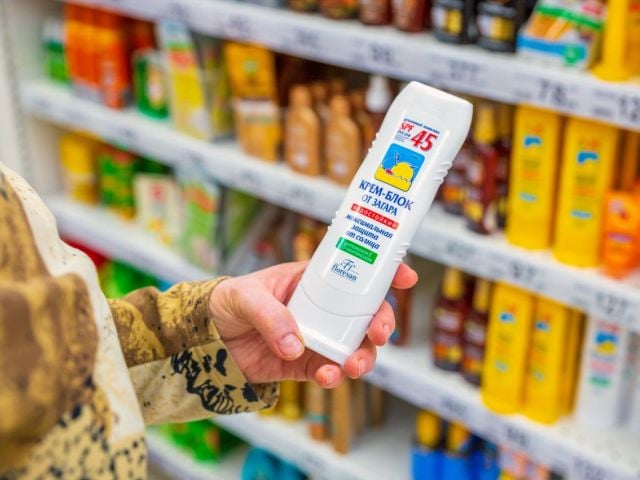WASHINGTON – The Environmental Working Group today thanked President Joe Biden for making the toxic forever chemicals known as “PFAS” a priority in his fiscal year 2023 budget request for the Environmental Protection Agency. But the EPA has not yet said how it will reallocate FY 2022 funding to meet the deadlines in its “roadmap” for tackling PFAS.
The budget request for FY 2023 includes $11.88 billion for the EPA, a 29 percent increase above the FY 2021 enacted level, including a $57 million increase to address PFAS.
But the real test of the EPA’s commitment to tackling PFAS is not the budget request.
EWG and other environmental groups last week sent a letter urging EPA Administrator Michael Regan to prioritize funds for meeting deadlines in its PFAS roadmap. The roadmap released in October set deadlines for the EPA to develop a drinking water standard for PFOA and PFOS, two of the most notorious PFAS chemicals, among other deliverables.
The FY 2022 appropriations law directs the EPA to provide Congress with a “spend plan” to address PFAS within 60 days.
“Although the budget request for FY 2023 is good news, the real test of EPA’s commitment is the FY 2022 spend plan,” said EWG’s Senior Vice President for Government Affairs Scott Faber. “Congress passed the buck, so it’s up to Administrator Regan to ensure the EPA meets the deadlines in its roadmap.”
“Communities have waited more than 20 years for EPA to act,” Faber said. “In the next few days, they will learn whether EPA will finally deliver or whether the roadmap is more empty promises.”
PFAS are a large family of fluorinated chemicals linked to an increased risk of cancer, harm to fetal development, reduced vaccine effectiveness and other serious health problems. They are known as forever chemicals because they do not break down in the environment and they build up in our organs.
Nearly everyone tested in the U.S. has PFAS compounds in their blood, with exposure from many sources, including food, water, consumer products and dust.
###
The Environmental Working Group is a nonprofit, non-partisan organization that empowers people to live healthier lives in a healthier environment. Through research, advocacy and unique education tools, EWG drives consumer choice and civic action.



